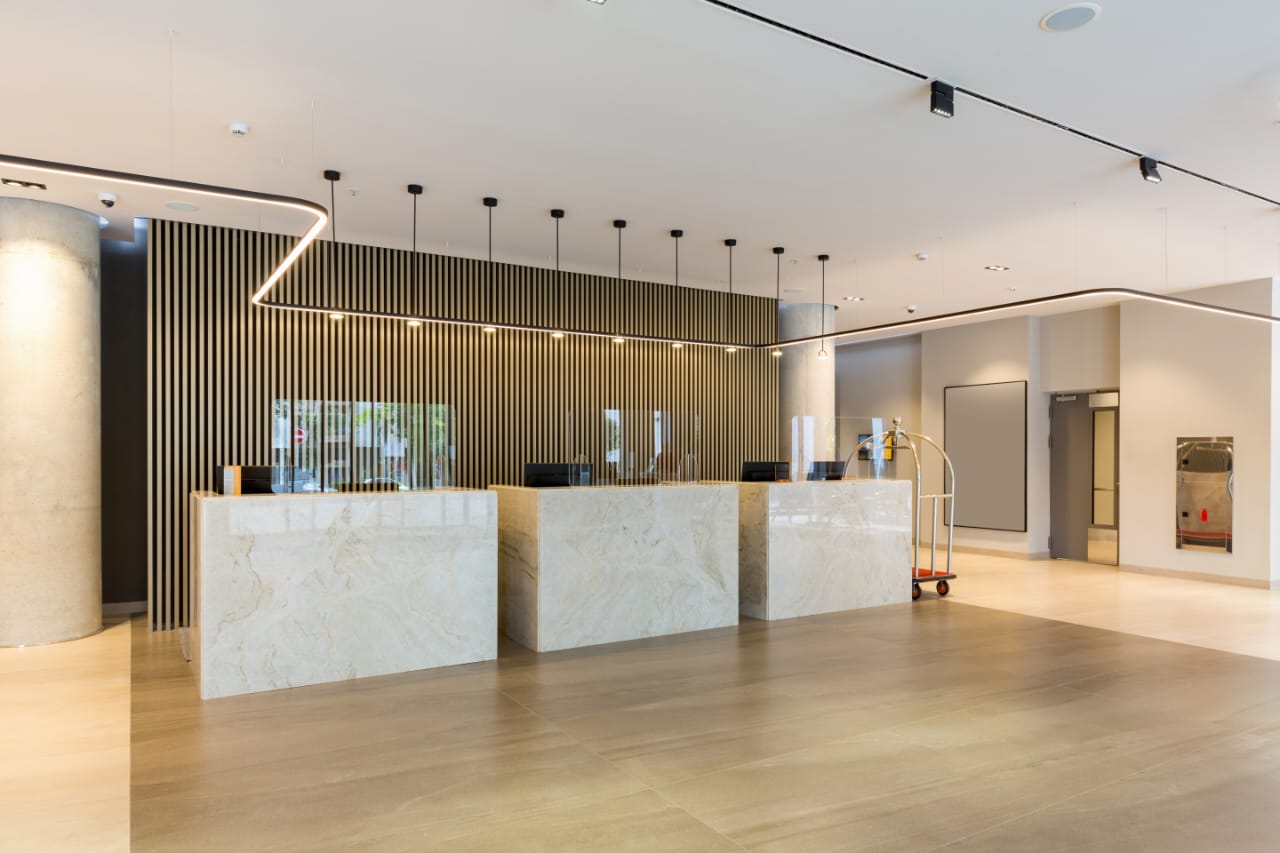Thanks to the COVID-19 pandemic, businesses across the world had to rethink their health and safety protocols to ensure the well-being of both customers and employees. One effective solution that has gained popularity following this pandemic is a sneeze guard. This transparent barrier, typically made of acrylic or glass, is designed to prevent the transmission of airborne pathogens form one person to another. And while they are often associated with food service establishments, sneeze guards can be beneficial in a variety of settings, including retail stores, offices, and healthcare facilities. So, how exactly do they contribute to a cleaner and safer customer experience? Here are four ways they do that.
Reduce the Spread of Germs
The primary function of sneeze guards is to act as a physical barrier that helps prevent the spread of germs. With customers interacting with staff at every point of contact, including checkout counter, service desk, or food service line, there is a high risk of respiratory droplets being transmitted. The guards effectively block these droplets, creating a safer environment for both parties.
By minimizing the risk of airborne disease transmission, sneeze guards help to protect vulnerable populations, such as the elderly and those with pre-existing health conditions from infection. This added layer of protection can instill confidence in customers, encouraging them to visit your establishment without fear of exposure to harmful pathogens. In a world where health concerns are at the forefront of consumers’ minds, there is no doubt that having these guards can be a proactive step toward ensuring a cleaner and safer experience.
Support Compliance with Health Regulations
As health regulations continue to evolve, businesses must stay compliant to avoid penalties and ensure the safety of their customers and employees. That’s because many health authorities have recommended or mandated the use of sneeze guards in certain settings, particularly in food service and retail environments. By installing these barriers, businesses can demonstrate their commitment to adhering to health guidelines.
Compliance not only protects the business from potential fines but also sends out a strong message that the establishment takes health and safety seriously. This can be particularly beneficial for businesses looking to rebuild their customer base after a period of reduced foot traffic. By showcasing compliance with health regulations, businesses can position themselves as responsible and trustworthy, further enhancing the customer experience.
Promote Hygiene
Sneeze guards contribute to a cleaner environment by helping to maintain hygiene standards. In food service businesses, for instance, these guards protect food items from contamination by preventing direct contact with customers. This is especially important in buffet-style or self-service settings, where multiple customers may be serving themselves. By keeping food items shielded, they ensure customers receive safe, uncontaminated food.
Foster a Sense of Cleanliness
In addition to their practical benefits, sneeze guards also contribute to a customer’s perception of cleanliness. When patrons see these transparent barriers in place, it is a sign that your business prioritizes hygiene and takes proactive measures to safeguard their well-being. This visual cue can instill a sense of confidence and trust, reassuring customers that you are committed to maintaining a clean and safe environment. In an era where health and safety are a top concern, this subtle yet powerful psychological effect can make all the difference in attracting and retaining loyal customers.
Bottomline? Well, sneeze guards have emerged as a vital component of health and safety protocols in various industries. As businesses continue to navigate the challenges posed by the Covid-19 pandemic, investing in these guards can be a simple yet effective way to prioritize health and safety while fostering customer loyalty.
